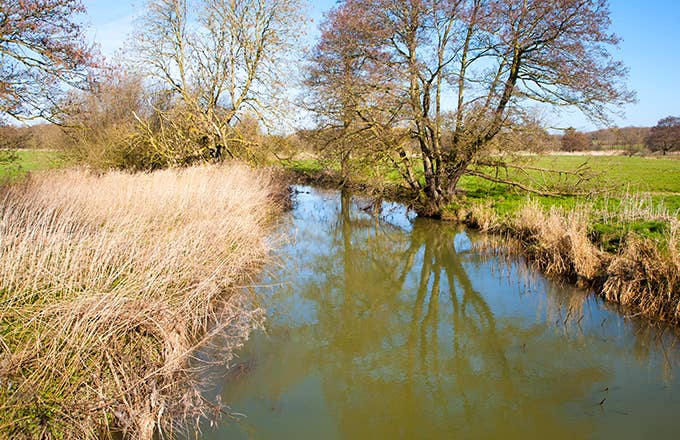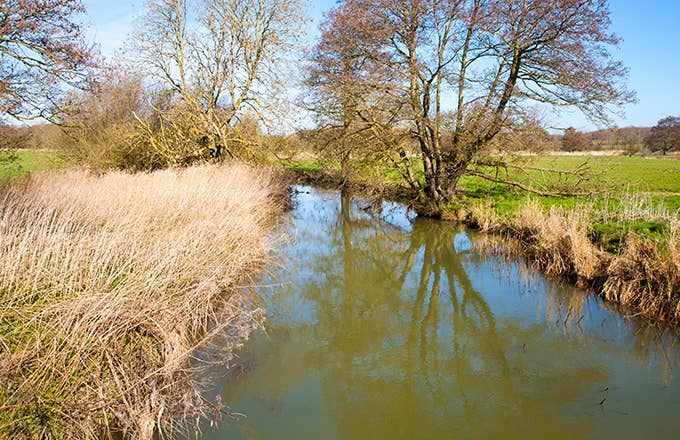
In a new study conducted by researchers at King's College London and the University of Suffolk, it has been confirmed that 15 rivers in the eastern English county tested positive for traces of cocaine and ketamine among other substances. Across the sites tested in the county of Suffolk, it was noted that drugs, banned pesticides, and other pharmaceuticals were widespread among shrimp collected from the rivers.
"Although concentrations were low, we were able to identify compounds that might be of concern to the environment and crucially, which might pose a risk to wildlife," lead author Dr. Thomas Miller of King's College London said. "As part of our ongoing work, we found that the most frequently detected compounds were illicit drugs, including cocaine and ketamine and a banned pesticide, fenuron. Although for many of these, the potential for any effect is likely to be low."
Currently, over 100 pesticides are banned from rivers across the EU. "Whether the presence of cocaine in aquatic animals is an issue for Suffolk, or more widespread an occurrence in the UK and abroad, awaits further research," added University of Suffolk professor Nic Bury. "The impact of 'invisible' chemical pollution (such as drugs) on wildlife health needs more focus in the UK as policy can often be informed by studies such as these."
Dr. Leon Barron from King's College London said that the regularity at which the illicit drugs occurred in their research was "surprising," especially outside of "urban areas such as London."

